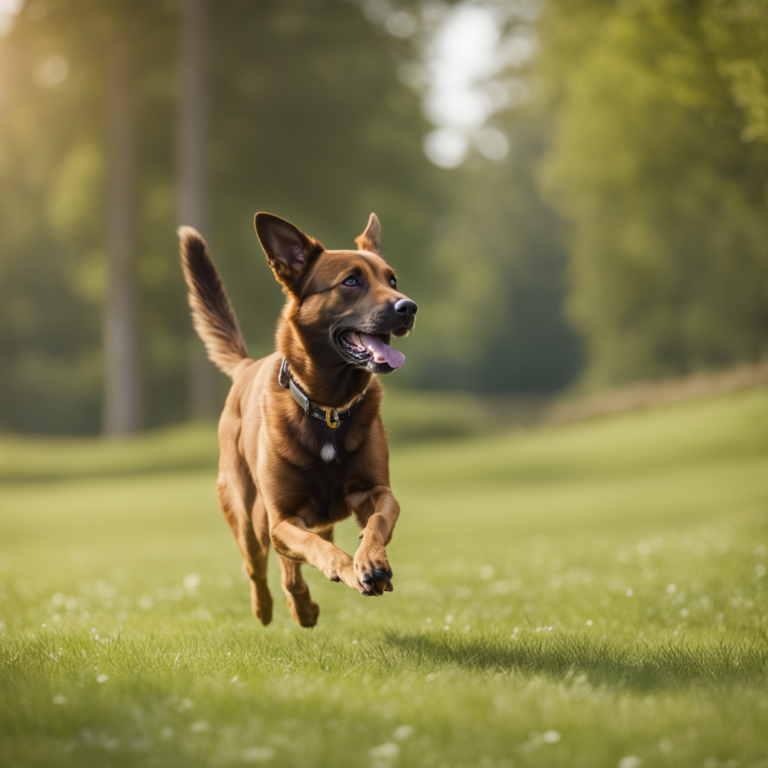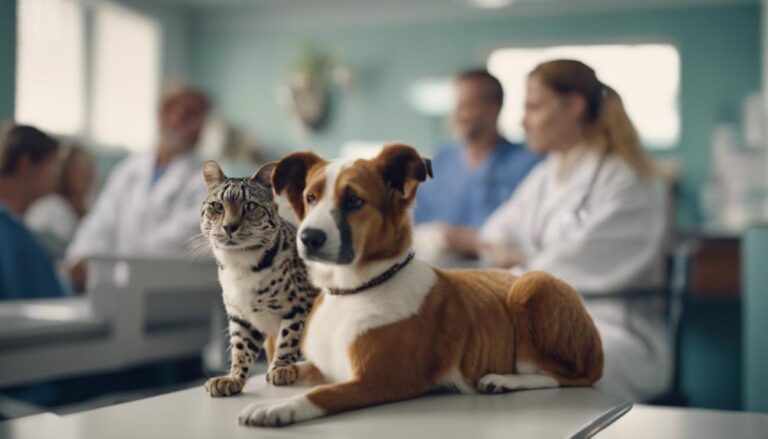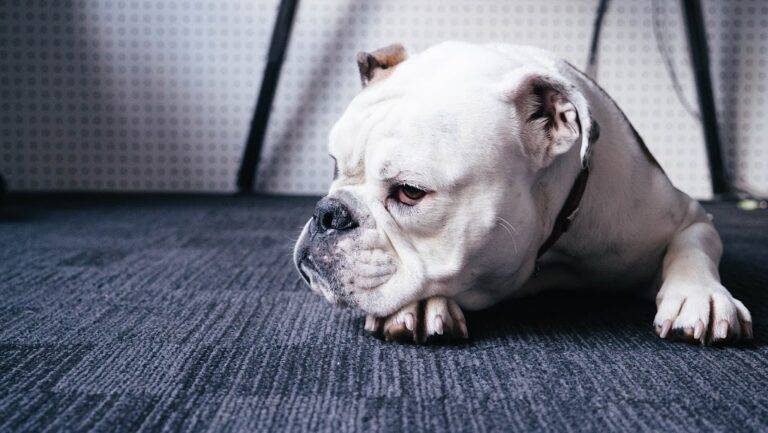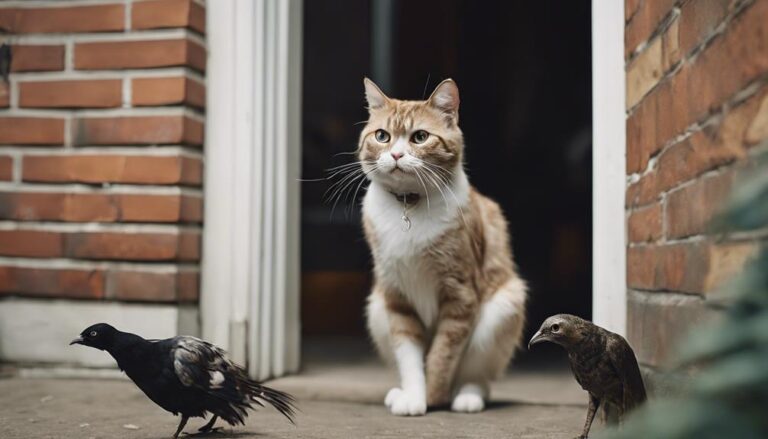3 Critical Points To Keep In Mind When Training Your Puppy
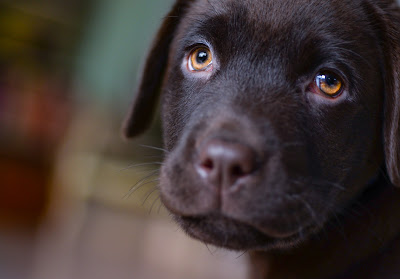
Critical Points To Keep In Mind When Training Your Puppy: As you embark on the journey of training your puppy, it’s crucial to remember that like a delicate symphony, there are three critical points you must keep in mind. These points hold the key to unlocking your puppy’s potential and ensuring a harmonious relationship between you and your furry companion. So, buckle up and get ready to discover the secrets that will transform your puppy into a well-behaved and happy member of your family.
Consistent Routine
Establish a daily routine for your puppy, ensuring consistency in feeding, potty breaks, playtime, and training. A consistent routine is the foundation of trust and learning for your new puppy. By providing structure and predictability, you are setting your puppy up for success.
Start by setting regular meal times for your puppy. This helps regulate their digestive system and establishes a routine for them to rely on. Consistency in feeding will also help with potty training, as you will be able to predict when they will need to go outside. Speaking of potty breaks, make sure to take your puppy out at the same times every day. This will reinforce the behavior of going outside and prevent accidents inside the house.
In addition to feeding and potty breaks, it is important to have consistent playtime and training sessions. This allows your puppy to burn off energy and learn new behaviors. Incorporating playtime into their routine will also help them associate fun and positive experiences with their training sessions.
When it comes to training, consistency is key. Teach your puppy the same commands using the same cues each time. This will help them understand what you want from them and make the learning process easier. Remember to be patient and give your puppy plenty of time to learn.
Positive Reinforcement
To effectively train your puppy, it is essential to utilize positive reinforcement techniques that encourage and reward desired behaviors. Positive reinforcement is a training method that focuses on reinforcing good behavior rather than punishing unwanted behavior. Instead of scolding or reprimanding your puppy for doing something wrong, you should concentrate on teaching them what you want them to do by rewarding their good behavior.
Professional dog trainers emphasize the importance of positive reinforcement in training your puppy. By using treats, praise, and rewards, you can reinforce the behaviors you want to see more of. When your puppy sits when commanded or learns a new trick, make sure to give them a treat and lots of praise. This positive reinforcement will help them understand that they are doing something right and will encourage them to repeat the behavior.
Consistency and patience are key when using positive reinforcement. Your puppy is still learning and exploring the world around them, so it is important to be consistent in your training methods. Make sure to use the same commands and rewards consistently, as this will help your puppy understand what is expected of them. Additionally, be patient with your puppy and give them time to learn and understand. Rome wasn’t built in a day, and neither is a well-trained puppy.
Positive reinforcement training not only helps in teaching your puppy good behaviors, but it also creates a strong and trusting bond between you and your furry friend. By using positive reinforcement, your puppy will associate training sessions with fun and rewards, making them eager to learn and please you. This positive relationship will enhance your overall dog training experience and strengthen the bond you share with your new puppy. So, remember to focus on positive reinforcement when training your puppy, and watch as they become a well-behaved and happy member of your family.
Patience
Be patient and understanding when training your puppy, allowing them the time they need to learn and understand commands. Remember that puppies have a learning curve, and it’s important to be patient and consistent with your training efforts. Avoid getting frustrated with your puppy’s mistakes, as this can hinder their progress. Instead, remain patient and provide positive reinforcement to encourage desired behaviors.
Training takes time, so don’t rush the process. Be patient and persistent in practicing commands with your puppy. Understand that they are still in their socialization period and are learning how to navigate the world around them. By being patient, you can help them develop essential skills and behaviors.
Incorporate training games into your routine to make learning more enjoyable for both you and your puppy. Crate training can also be beneficial in teaching your puppy to become comfortable in their own space and to aid in potty training.
Clear communication is key when training your puppy. Use consistent commands and reward them when they respond correctly. Remember that your puppy is still learning, so be patient and understanding when they make mistakes.
Socialization
Expose your puppy to a variety of experiences to promote socialization and a positive outlook on the world. Socialization is one of the most important things you can teach your dog during the training process. By exposing your puppy to different sights, sounds, surfaces, humans, and animals, you are helping them understand that the world is safe and happy.
To ensure a well-rounded socialization, take your puppy to safe places where they can interact with other dogs and people. Gradually introduce new experiences, such as visits to the vet or encounters with unfamiliar objects, to reinforce positive associations. By creating positive experiences, you can prevent fear and aggression issues in the future.
During socialization, it’s crucial to use positive reinforcement and reward-based training methods. This will teach your puppy that new experiences are fun and rewarding. For example, when your puppy meets a new dog, you can reward them with treats or praise. This helps them associate meeting new dogs with something positive.
Counter-conditioning sessions can also be helpful if your puppy is fearful or uncomfortable with certain stimuli. This involves gradually exposing them to the feared stimulus while rewarding them for calm behavior. Seek guidance from professionals if you need assistance with this process.
Potty Training
Now that your puppy is becoming more comfortable in different social situations, it’s time to focus on another important aspect of their training: potty training. Establishing a consistent house training schedule is key to success. Plan for frequent potty breaks throughout the day, especially after meals, playtime, and waking up. Dogs learn best with positive reinforcement, so make potty time a fun game by using treats and praise to reward your puppy for going to the designated spot.
It’s also helpful to keep a potty log to track patterns and accidents, so you can identify any areas that need extra attention. If you’re feeling overwhelmed or unsure, consider enrolling in a Puppy Essentials: Potty Training Workshop, where you can learn from experienced trainers and get expert guidance.
Leaving your puppy alone for short periods in a crate or pen can help with potty training. Dogs naturally avoid soiling their sleeping area, so this can encourage them to hold it until they are let out. Start by leaving your puppy for just a few minutes at a time and gradually increase the duration as they become more accustomed to being alone. Remember to always take your puppy outside for a potty break immediately after letting them out of their crate or pen.
When it comes to potty training, consistency is key. Keep in mind that your puppy is still learning about the world and may have accidents. Be patient and avoid punishing them for accidents, as this can create fear and anxiety. Instead, focus on positive reinforcement and redirecting their attention to the designated potty area. With time, patience, and these training tips, your puppy will become fully potty trained and enjoy a lifetime of good bathroom habits.
Critical Points To Keep In Mind When Training Your Puppy Frequently Asked Questions
What Are the Three Keys to Dog Training?
The three keys to dog training are positive reinforcement, consistency and repetition, and patience and persistence. By incorporating these principles, you can effectively train your puppy in areas such as socialization, crate training, basic obedience, and preventing undesirable behaviors.
What Are the Most Important Things to Teach a Puppy?
When training your puppy, it’s important to focus on potty training, socialization skills, and basic obedience. Additionally, crate training, leash manners, bite inhibition, recall training, leave-it command, handling and grooming, and setting boundaries and rules are critical.
What Is the First Thing You Should Train Your Puppy?
The first thing to train your puppy is socialization. Expose them to different sights, sounds, surfaces, humans, and animals. Teach them that the world is safe and happy. Seek professional guidance for effective socialization.
What Is the Most Important Part of Dog Training?
Consistency and patience are crucial in dog training. Use positive reinforcement techniques to teach basic obedience commands and proper behavior with other dogs. Socialize your puppy and teach potty and crate training, leash walking, and proper introductions. Also, teach appropriate chewing and provide regular exercise and mental stimulation.
Conclusion
In conclusion, when training your puppy, remember to establish a consistent routine, use positive reinforcement, and be patient. Socialization and exposure to new experiences are crucial for their development, while housetraining requires management techniques and consistency. By keeping these three critical points in mind, you will create a strong foundation for your puppy’s training and ensure their long-term success.



